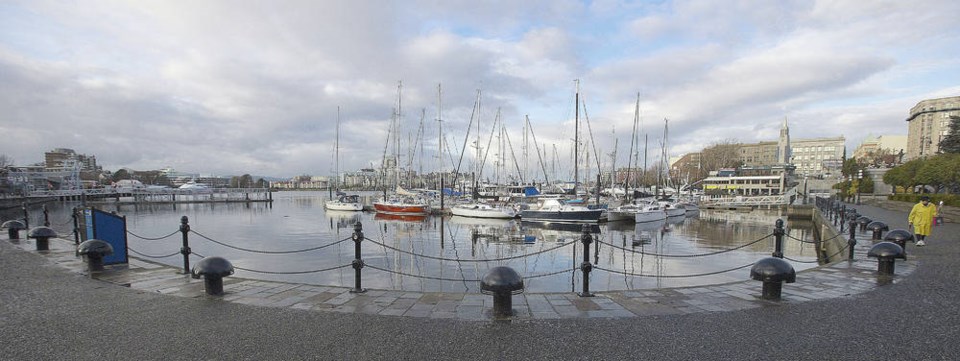Local hospitality associations like Tourism Vancouver Island are encouraging Canadians from across the country to visit Vancouver Island this winter. The British Columbia Hotel Association likewise is inviting snowbirds to vacation here instead of heading south.
We understand their desire to bring in much needed business during the COVID-19 epidemic. This industry, more than most, has been rocked by the outbreak.
As well, tourism has always been a major contributor to our provincial economy. We have to be conscious that closing doors to visitors may have damaging long-term consequences.
That said, Vancouver Island has one of the lowest COVID infection rates in Canada. If we do not have effective controls in place, this campaign would take risks with the health of local residents.
There have been 105,000 cases in Quebec, and more than 6,000 deaths. Ontario reports 75,000 cases and more than 3,000 deaths.
Moreover, the second wave of the disease is still escalating in central Canada. The worst might be yet to come.
By comparison, south Vancouver Island has experienced just 97 cases to date, and no deaths.
There are several reasons for our low infection rate. Partly it’s because we are an island, and that provides a degree of insulation.
Partly it’s because staffing ratios were raised in long-term care facilities before the outbreak began. Provinces like Ontario did not take this precautionary measure until the damage was done.
And partly it’s because B.C.’s public health team responded to the emerging crisis more quickly, and more effectively, than was the case in some other regions of the country.
Recently, the provincial health officer, Dr. Bonnie Henry, imposed additional social distancing rules.
Gatherings in private residences must not exceed members of the household plus a maximum of six guests. Physical distancing is advised at home. These rules apply as well to religious celebrations like Christmas and Hanukkah.
And new restraints have been placed on restaurants, bars and nightclubs. Wearing of masks in all indoor public spaces, while not yet compulsory, is expected.
In short, we’re being asked to accept far-reaching limitations on our freedom of movement and ability to socialize, in order to limit the spread of the disease.
The tourism industry should have an eager market, with so many Canadians eager to escape the deep freeze yet unable to go to Mexico or Arizona or other warm-weather spots.
Beyond our climate, the unspoken part of the tourist industry’s campaign is apparent: Come here to escape the epidemic. Surely this is not a message we should be comfortable with.
We are not advocating leaving the hospitality sector to its fate. There is an overwhelming case for sufficient government support to get the industry through this crisis. But Premier John Horgan and his NDP administration were re-elected primarily because voters believe they had handled the epidemic responsibly.
As winter approaches, with the threat of a flu season pending, that job is only half done.
Permitting an influx of holiday-makers from across Canada at this time, with no controls or protocols that would limit spread of the virus, cannot be in our best interests.
What, then, is to be done? We need a public health order prohibiting visitors from other provinces vacationing here while the epidemic remains a threat.
While exceptions can be granted on compassionate grounds, this will be hugely traumatic, both in the demands it will make on law enforcement, but also because we’re talking about barring fellow Canadians.
Yet we already know that all it takes to trigger an outbreak is the presence of one infected individual. We’re being asked to open our doors to hundreds, perhaps thousands of visitors, some of whom inevitably will bring the virus with them.
If the incidence of the disease were evenly spread across the country, this concern would not arise. But it is apparent that some locations are far more heavily affected than others.
We have the good fortune to live in one of the least impacted regions in Canada. Our political and public health leaders have a responsibility to preserve that record.



